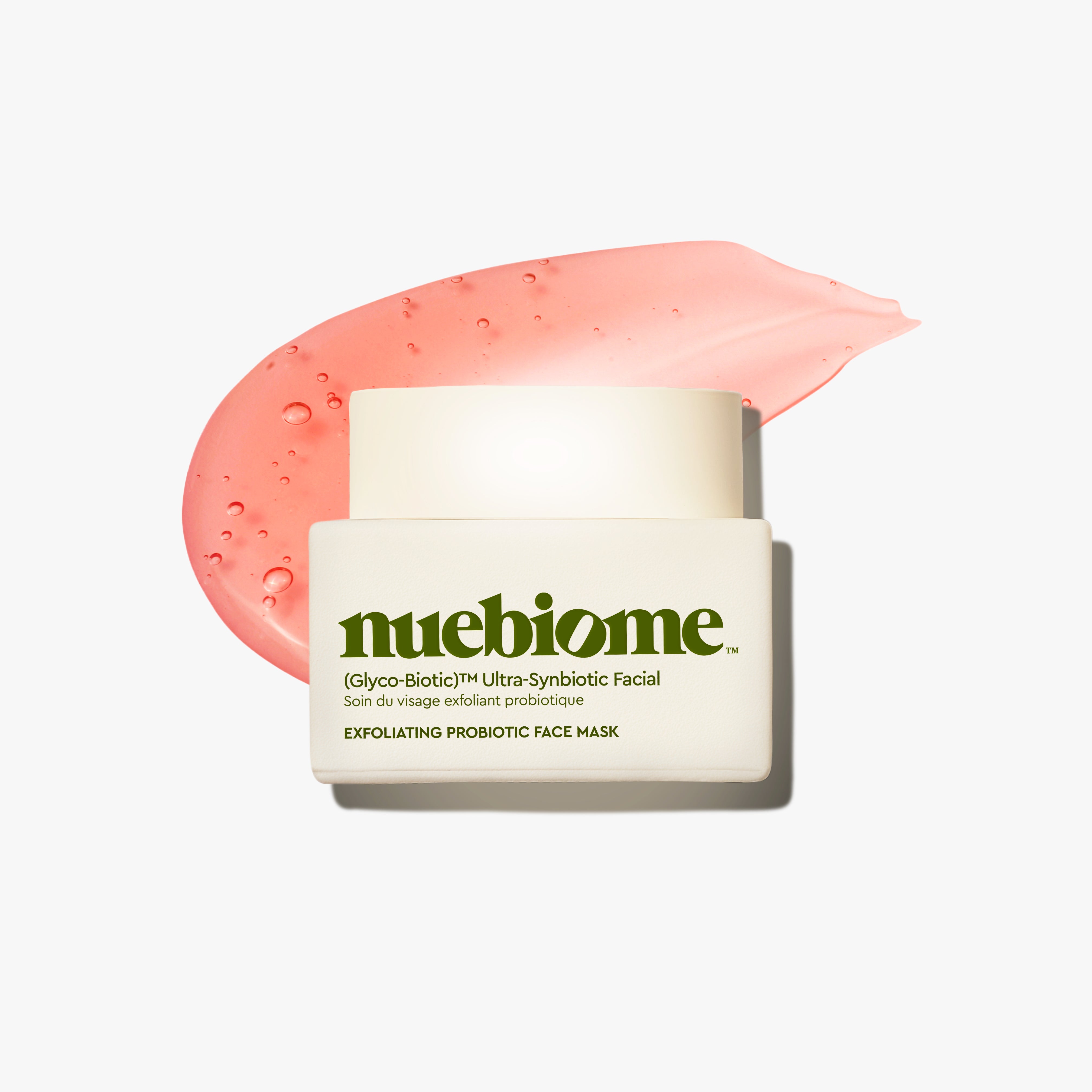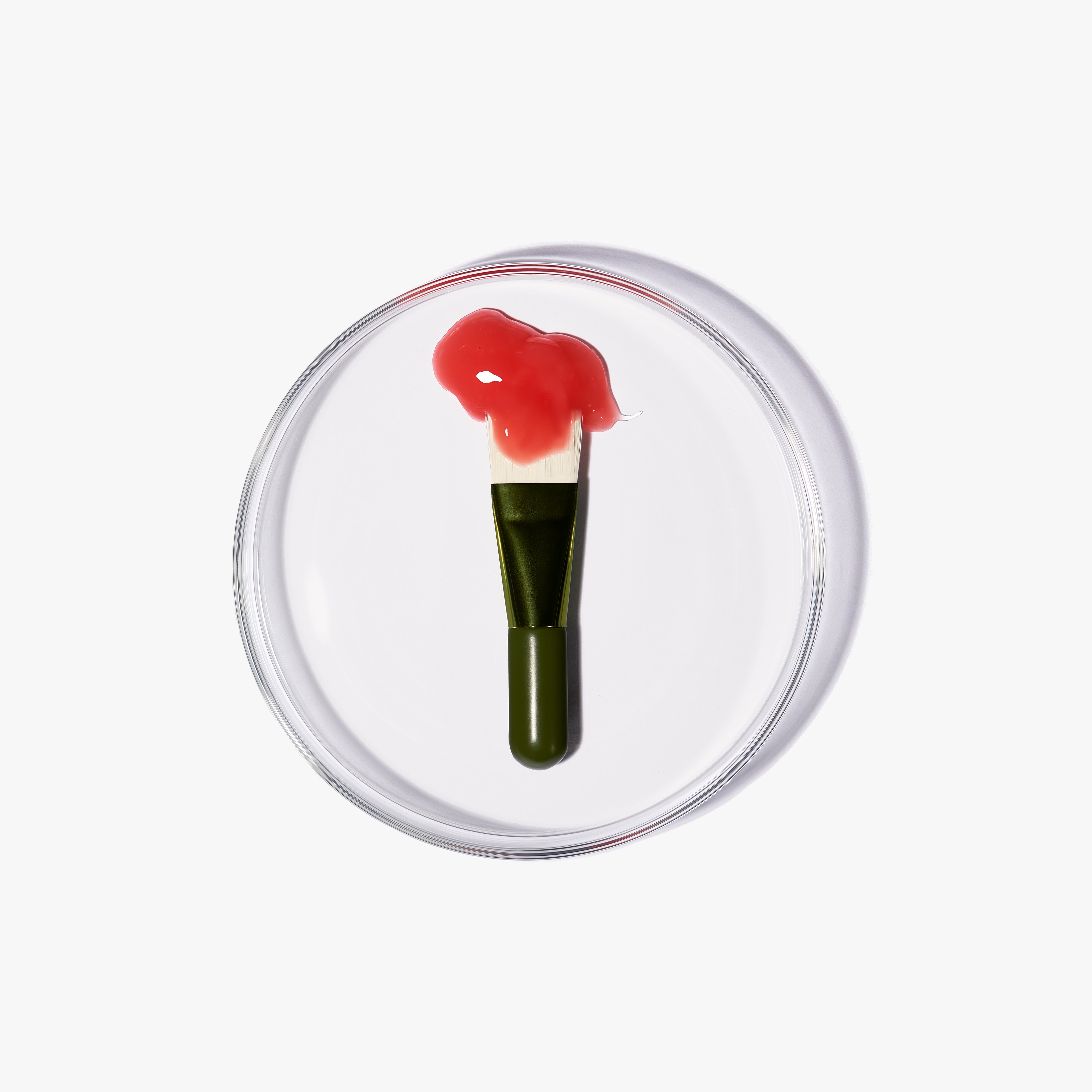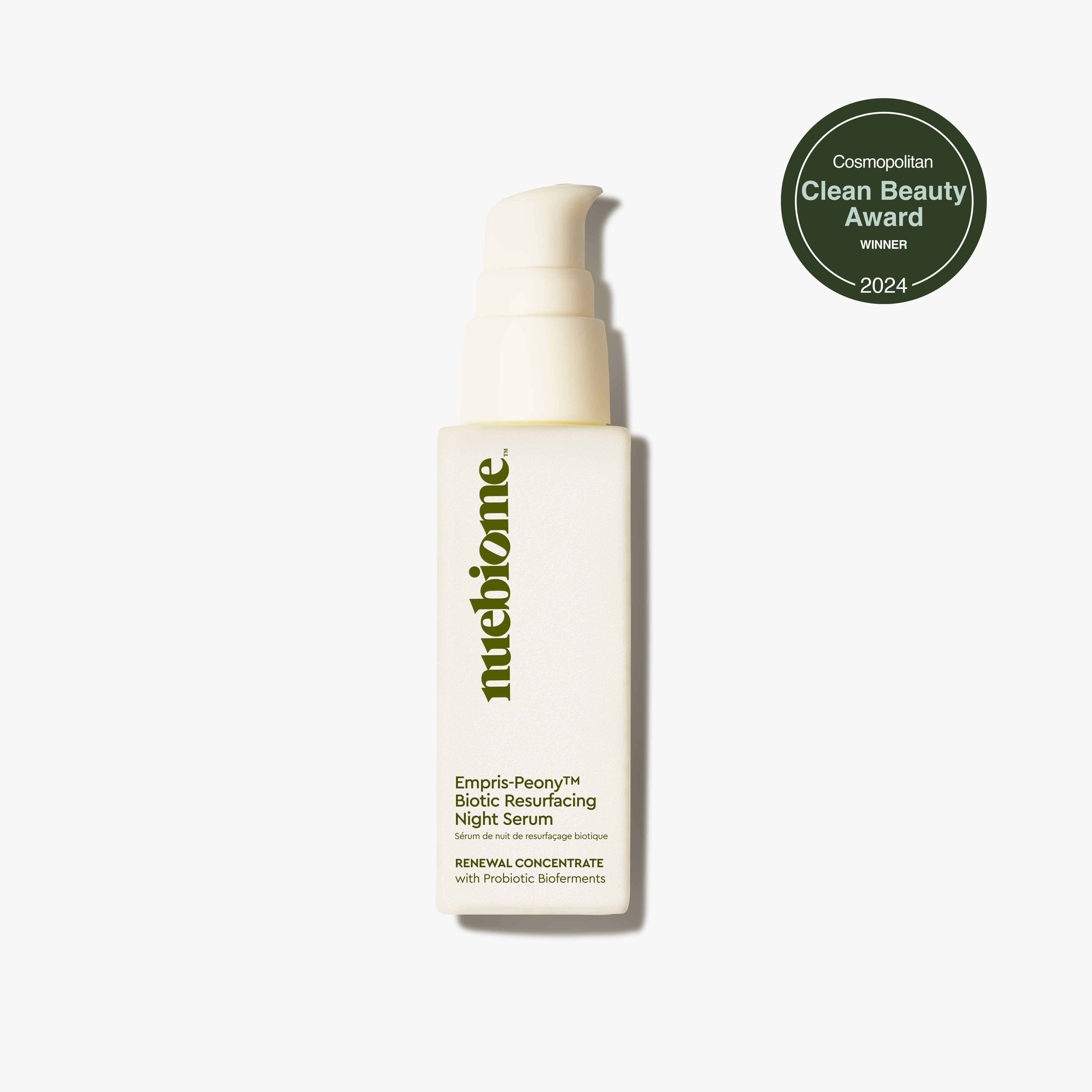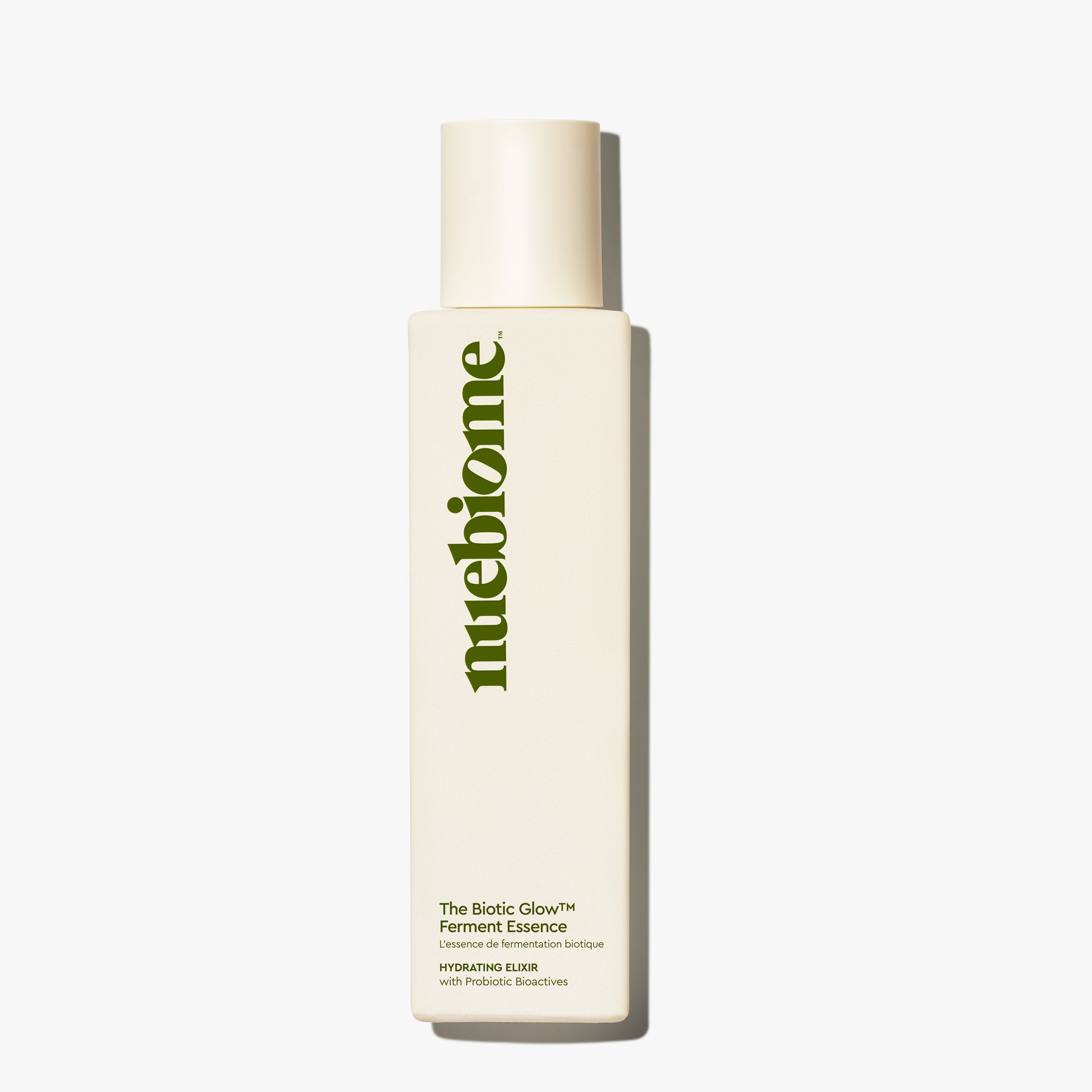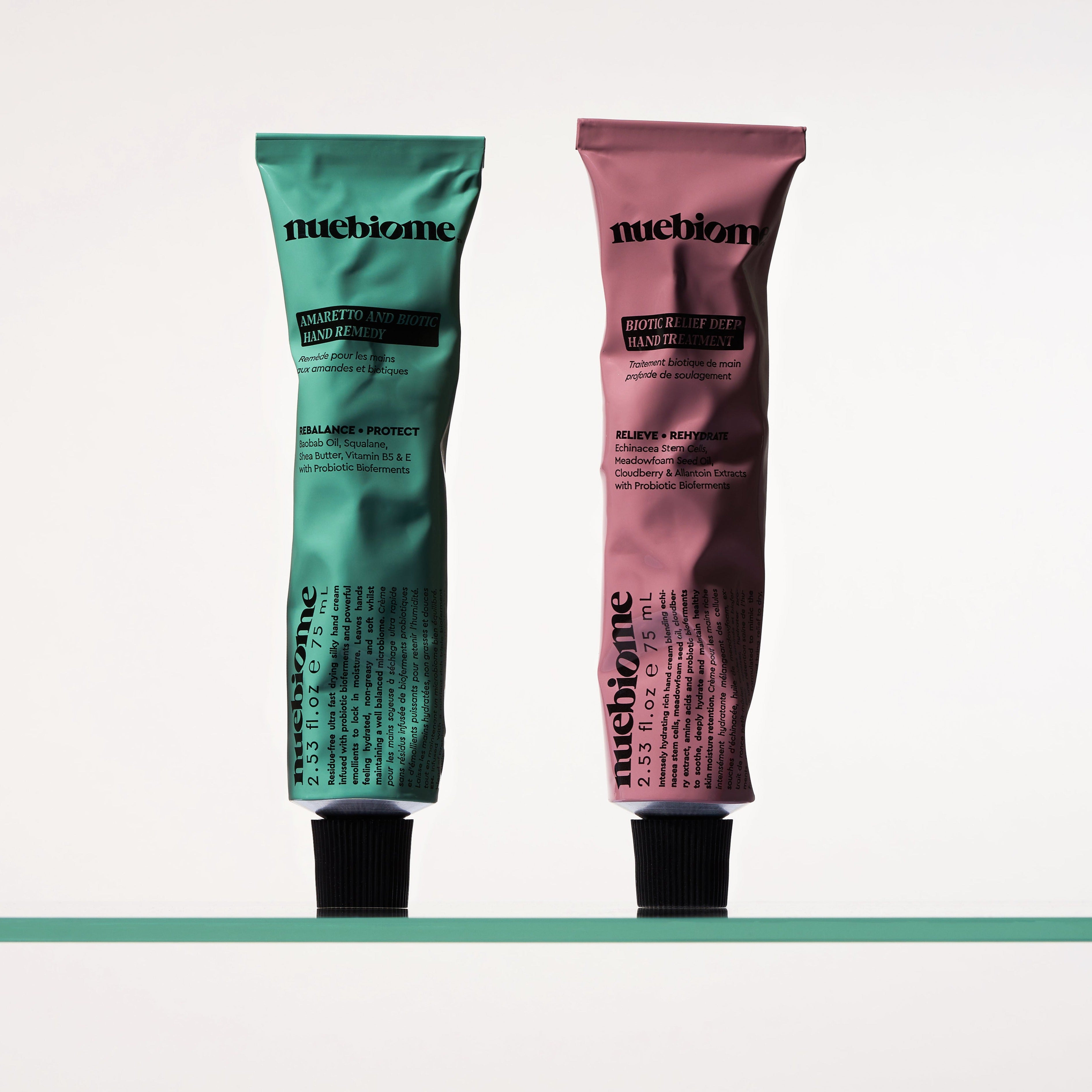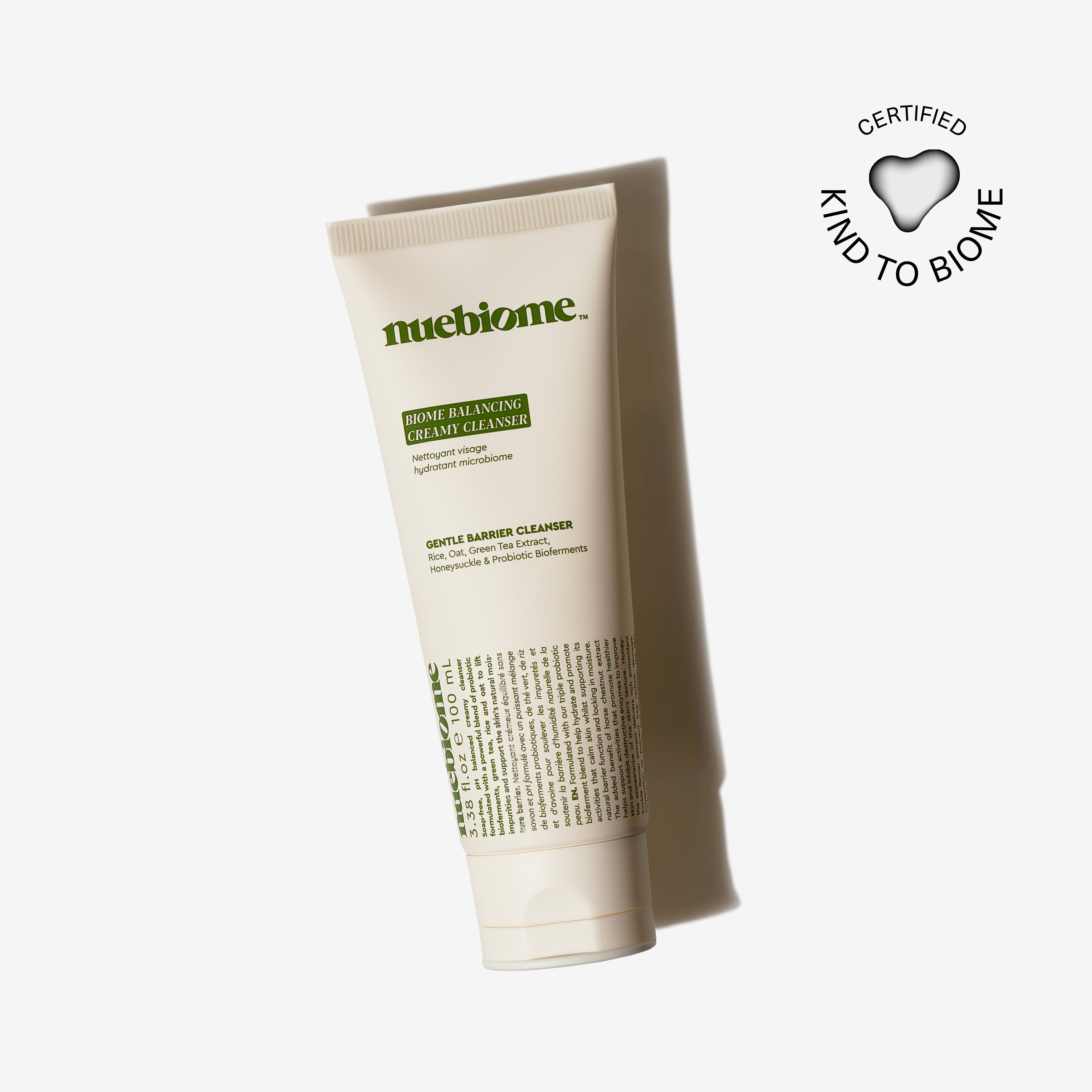As estheticians and brand curators, we are the ultimate guardians of our clients' skin health. We meticulously select products, scrutinize ingredient lists, and stay at the forefront of dermatological science. But there is a silent, foundational element that underpins every effective treatment and every trusted recommendation we make: Good Manufacturing Practices, or GMP. While it may sound like dry, regulatory jargon, understanding and prioritizing GMP is what separates fleeting trends from enduring, results-driven skincare. For a high-end, active-ingredient-focused brand like Nuebiome, it’s not just a standard to meet—it’s the very bedrock of our philosophy.
What Is GMP and Why Is It Non-Negotiable for Premium Cosmetics?
Good Manufacturing Practices (GMP) are a system of processes, procedures, and documentation that ensures products are consistently produced and controlled according to set quality standards. In the cosmetics industry, the internationally recognized standard is ISO 22716, which provides comprehensive guidelines for the production, control, storage, and shipment of cosmetic products. But let's be clear: this isn't just about ticking boxes for a regulatory body. GMP is the practical application of a commitment to excellence. It’s the framework that guarantees the safety, purity, and reliability of every single batch that leaves the facility.
Think of it this way: when you invest in a product laden with sophisticated bio-ferments, peptides, and fragile botanical extracts, you are trusting that the formula in your hand is identical to the one that delivered stunning results in clinical trials. GMP is that guarantee. It ensures that from the first bottle to the last, the product is free from contamination, the active ingredients are at their stated potency, and the final formulation is stable and effective. For luxury brands where efficacy is the primary promise, GMP isn't an optional extra; it is the foundational pillar of brand trust. Without it, claims of quality and performance are merely words on a box.
The Core Pillars of GMP Compliance: A Checklist for Professionals
Achieving GMP compliance, specifically according to ISO 22716, involves a holistic approach to quality. It requires that every step of the manufacturing journey is meticulously managed. For professionals looking to evaluate a brand's commitment or implement these standards themselves, it’s helpful to break it down into core pillars. This is managed by a robust Quality Management System (QMS), the central nervous system that oversees all processes.
Here is a simplified checklist of the key areas governed by GMP:
Personnel: The most sophisticated facility is only as good as the people running it. GMP mandates that all staff involved in manufacturing are properly trained for their roles. This includes rigorous hygiene protocols—like wearing appropriate protective clothing and following hand-washing procedures—to prevent cross-contamination. Continuous education on new procedures and quality standards is also essential.
Premises: The physical facility must be designed and maintained to prevent mix-ups, contamination, and degradation of products. This means having defined areas for receiving raw materials, production, quality control, and storage. Surfaces must be easy to clean and sanitize, and environmental factors like lighting, temperature, and ventilation must be controlled to protect the product.
Equipment: All equipment used in manufacturing, from mixing vats to filling machines, must be fit for its purpose. This means it must be designed for easy and thorough cleaning and sanitization between batches. Regular calibration and maintenance are non-negotiable to ensure every measurement is precise and every process is repeatable.
Raw Materials & Packaging: Quality starts with the ingredients. GMP requires a stringent system for the purchasing, receiving, and testing of all raw materials and primary packaging components. Suppliers must be vetted, and materials must be quarantined and tested for identity, purity, and compliance with specifications before they are approved for use.
Production: The manufacturing process itself must be clearly defined and documented in what are known as "master formulas" and batch records. Each step—from weighing ingredients to mixing times and temperatures—is controlled and recorded. This in-process control ensures that every batch is made exactly the same way, eliminating inconsistencies.
Documentation: In the world of GMP, the golden rule is: "If it wasn't written down, it didn't happen." Meticulous record-keeping is the backbone of the entire system. Every action, from receiving a raw material to shipping a finished product, must be documented. This traceability allows a brand to investigate any deviation or complaint and provides a complete history of every single unit produced.
From Lab to Bottle: How GMP Protects Fermentation & Active Ingredients
The more advanced and delicate a formula, the more critical GMP becomes. This is especially true for brands like Nuebiome, which harness the power of sensitive, high-tech processes like bio-fermentation. Creating stable and potent fermented ingredients requires a pristine, controlled environment that is free from harmful microbes. The strict environmental and procedural controls mandated by GMP are not just best practices in this context; they are the only way to ensure the viability and purity of these living ingredients. This is a core part of Nuebiome's Bioferment Advantage.
GMP protocols safeguard the integrity of our most precious actives from the moment they enter our facility to the moment they are bottled. Potent peptides, delicate flower acids, and complex bio-derivatives can easily degrade or lose their efficacy if exposed to improper temperatures, light, or contaminants. GMP's rigorous controls over the production environment and processes ensure that what is on the label is precisely what is in the bottle, at the correct concentration and potency. You can learn more about this in The Ultimate Guide to Microbiome Skincare.
A perfect example is the meticulous creation of our Empris-Peony™ Biotic Resurfacing Night Serum. This sophisticated nightly treatment combines advanced peptides with fermented flower acids to exfoliate, renew, and hydrate the skin. Each active ingredient in this complex formula has specific handling requirements. Our adherence to GMP ensures these actives are protected throughout the entire manufacturing process, so every single bottle delivers the consistent, powerful resurfacing results our clients expect. To get the most from this potent product, explore our guide on Unlocking the Power of Serums: Your Guide to Radiant Skin.

The Role of Quality Control in Delivering a Consistent Sensory Experience
While GMP covers the "how" of manufacturing, it’s crucial to differentiate between Quality Assurance (QA) and Quality Control (QC). QA is the overall system—the set of all planned and systematic actions established to ensure the product satisfies quality requirements. QC, on the other hand, is the hands-on testing part of the process. It is the series of checks and tests performed on raw materials, in-process materials, and finished products to ensure they meet the pre-determined specifications.
For a luxury skincare brand, these QC tests are about more than just safety; they are about guaranteeing a consistent and beautiful sensory experience. Key QC tests include:
- Microbiological Screening: Testing the product at various stages to ensure it is free from harmful bacteria, yeast, and mold. This is paramount for product safety and stability.
- Stability Testing: Exposing the finished product to various conditions (like different temperatures and light levels) over time to ensure it remains stable, safe, and effective throughout its entire shelf life.
- Physical/Chemical Testing: This involves checking each batch against the approved standard for critical parameters. This includes testing the pH to ensure it is skin-compatible, measuring viscosity to confirm the texture is correct, and using a spectrophotometer to verify the color is consistent.
This rigorous testing is directly linked to the end-user experience. When a client falls in love with the silky, hydrating feel and radiant finish of The Biotic Glow™ Ferment Essence, they expect that same experience every time they repurchase. Our stringent QC process ensures that every bottle delivers the exact same pH-balancing, pore-tightening, and radiance-boosting benefits, with the identical lightweight texture and feel. This consistency is not an accident; it is the direct result of a deep commitment to quality control.

Building a Foundation of Trust: Why Your Clients Deserve GMP-Certified Skincare
Ultimately, every aspect of GMP ties back to our professional responsibility to our clients. When a client places their trust in our hands, they are trusting our expertise, our integrity, and the safety of the products we use and recommend. Championing brands that adhere to GMP standards is a powerful, tangible demonstration of our commitment to their well-being and to delivering real, reliable results.
Using and recommending a product made under these exacting standards, even for a seemingly simple step like cleansing, shows an uncompromising dedication to quality. A foundational product like the Biome Balancing Creamy Cleanser, while gentle, is still a complex formulation. Our GMP-compliant process ensures this soap-free, pH-balanced formula is consistently effective at lifting impurities without stripping the skin, batch after batch, protecting the delicate moisture barrier with every use.

At Nuebiome, our adherence to GMP is not simply about meeting a legal obligation. It is a core tenet of our brand philosophy. It is our promise to you, the professional, that you can recommend our products with absolute confidence. It is our commitment to your clients that the product they take home is the safest, most effective, and most exquisitely crafted formulation possible. In an industry filled with noise, GMP is the quiet, unwavering hallmark of true quality—and it’s what your clients deserve.
